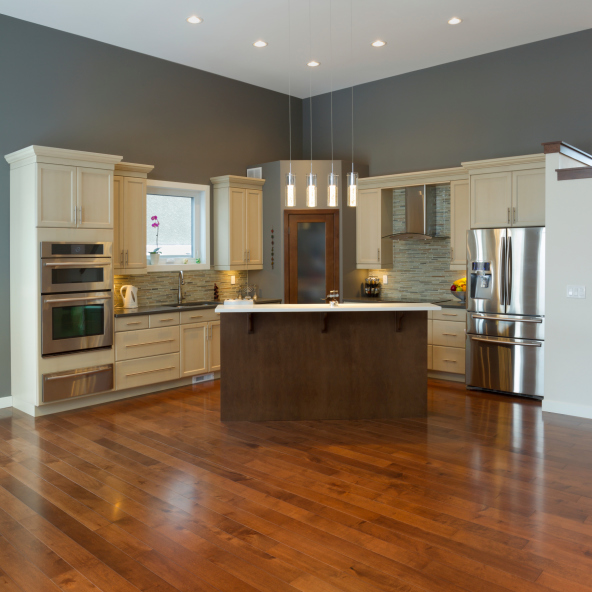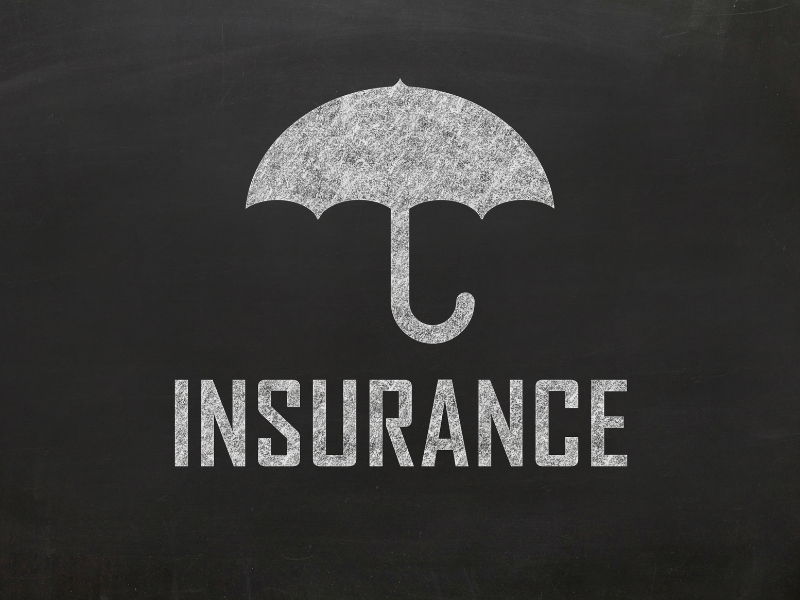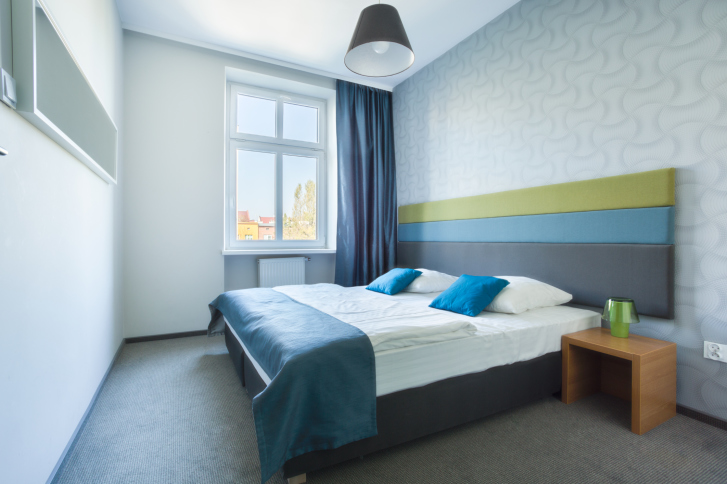 S&P Case Shiller Home Price Indices reported new record gains for home prices in June. The National Home Price Index rose by a seasonally-adjusted annual pace of 18.60 percent as compared to May’s home price increase rate of 16.80 percent. Home prices were 41 percent higher than they were during the 2006 housing boom; home price growth was driven by high demand for homes coupled with short supplies of homes for sale.
S&P Case Shiller Home Price Indices reported new record gains for home prices in June. The National Home Price Index rose by a seasonally-adjusted annual pace of 18.60 percent as compared to May’s home price increase rate of 16.80 percent. Home prices were 41 percent higher than they were during the 2006 housing boom; home price growth was driven by high demand for homes coupled with short supplies of homes for sale.
20-City Home Price Index Posts Month-to-Month Home Price Gain of 2 Percent
The S&P Case-Shiller 20-City Home Price Index posted a two percent gain in June as compared to May. Home prices rose by 19.10 percent on a seasonally adjusted annual basis in June; all 20 cities included in the index reported higher home prices. Phoenix, Arizona held first place for home price growth in June with a year-over-year price gain of 29.30 percent. San Diego, California held second place in the 20-City Home Price Index with a year-over-year price gain of 27.10 percent and Seattle Washington followed with year-over-year home price growth of 25.00 percent.
All 20 cities posted higher home price gains in June than in May. Craig Lazzara, managing director and global head of index investment strategy at S&P Dow Jones Indices, said: “In June all 20 cities gained more in the 12 months ended in June than they did in the 12 months ended in May.”
Analysts Say Current Home Price Growth is Unsustainable
Rapidly rising home prices sidelined would-be homebuyers who expressed concerns over the fast pace of home sales, and limited choices of available homes. Cash buyers and bidding wars continued to challenge mortgage-dependent homebuyers, but low mortgage rates continued to draw homebuyers into the market.
Covid fueled an exodus from congested urban areas to less populated areas inland. Families who modified their lifestyles to include working from home and homeschooling their children needed larger homes. As workers switched from commuting to work to telecommuting, they were no longer constrained by physical proximity to their employers, but now that businesses and workplaces are reopening, it’s unknown how or if pre-covid housing and work trends will be re-established or if covid era home-based work and schooling options will expand.
In related news, the Federal Housing Finance Agency released data on sales of single-family homes owned or mortgaged by Fannie Mae and Freddie Mac. Home prices rose 17.4 percent from the second quarter of 2020 to the second quarter of 2021.FHFA reported that home prices rose 4.90 percent from the first quarter of 2021 through the second quarter of 2021, and were 1.60 percent higher for June 2021 than in May.
 Are you working on decorating your home? Perhaps you want to spruce up your decor, but you aren’t sure where to start. Where can you find inspiration for your home decor, besides the obvious home decor magazines and websites?
Are you working on decorating your home? Perhaps you want to spruce up your decor, but you aren’t sure where to start. Where can you find inspiration for your home decor, besides the obvious home decor magazines and websites? Last week’s economic reports included readings on new and existing home sales; the University of Michigan released its monthly Consumer Sentiment Index, and weekly updates on mortgage rates and jobless claims were also published.
Last week’s economic reports included readings on new and existing home sales; the University of Michigan released its monthly Consumer Sentiment Index, and weekly updates on mortgage rates and jobless claims were also published. In the current economy, there are a lot of millennials who are thinking about buying a home; however, the price of homes is rising quickly. It can be challenging for millennials to save the money they need to buy a home. When this is combined with other monthly expenses they have, millennials might be financially unprepared to buy a home.
In the current economy, there are a lot of millennials who are thinking about buying a home; however, the price of homes is rising quickly. It can be challenging for millennials to save the money they need to buy a home. When this is combined with other monthly expenses they have, millennials might be financially unprepared to buy a home.  Accidents can happen from time to time, which is why it is important for people to have insurance. While you might be able to fix some accidents on your own, others can lead to a significant amount of financial stress. This is why people must have insurance. Insurance is supposed to help individuals and families pay for catastrophic expenses; however, what happens if the insurance policy is not big enough to cover the expenses? That is where umbrella insurance can be helpful. What is umbrella insurance, and how does it work? Learn more about how umbrella insurance might be able to help you.
Accidents can happen from time to time, which is why it is important for people to have insurance. While you might be able to fix some accidents on your own, others can lead to a significant amount of financial stress. This is why people must have insurance. Insurance is supposed to help individuals and families pay for catastrophic expenses; however, what happens if the insurance policy is not big enough to cover the expenses? That is where umbrella insurance can be helpful. What is umbrella insurance, and how does it work? Learn more about how umbrella insurance might be able to help you. If you’re moving from a large home into a smaller house or condo, you’re probably looking forward to enjoying a lower utility bill and not having to do as much cleaning. But before you move, you’ll want to take certain precautions to ensure that you’re not overwhelmed.
If you’re moving from a large home into a smaller house or condo, you’re probably looking forward to enjoying a lower utility bill and not having to do as much cleaning. But before you move, you’ll want to take certain precautions to ensure that you’re not overwhelmed.